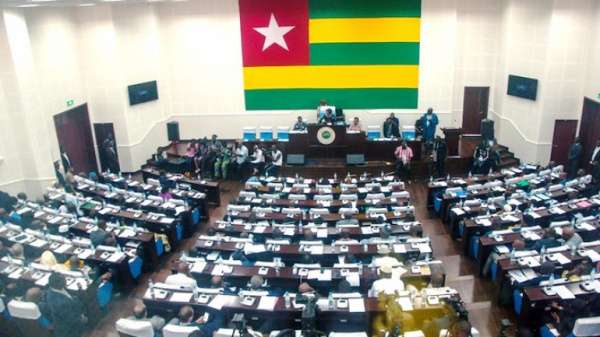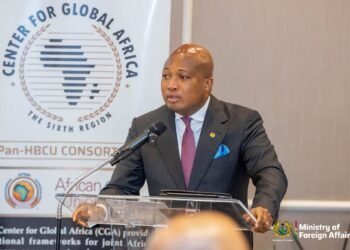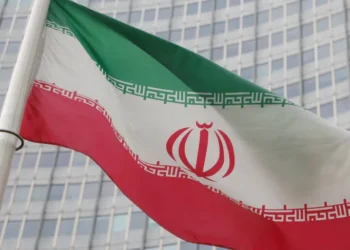In a stunning blow to democracy, President Faure Gnassingbe of Togo has orchestrated a controversial constitutional change aimed at solidifying his grip on power.
The Togolese legislature approved a new constitution, changing the country from a presidential to a parliamentary system. The new constitutional framework provides authority for parliament to select the president of the country.
This move, pushed through by lawmakers mostly from the ruling Union for the Republic (UNIR) party, reeks of a desperate ploy to perpetuate a political dynasty and sideline any semblance of democratic governance.
The vote happened less than a month before the upcoming legislative elections in Togo, but it’s unclear when the approved change will take effect. It received 89 votes in favor, one against, and one abstention.
This decision, purportedly made to enhance governance efficiency, in reality, appears to be nothing more than a calculated maneuver to extend President Gnassingbe’s rule and suppress dissent.
The new constitution will mark Togo’s entry into its fifth republic, with the last major constitutional change dating back to 1992.
Issues the Constitutional Change Raises

Firstly, the decision to alter the constitution to allow the president to be chosen “without debate” by lawmakers for a single six-year term, effectively sidelines the voice of the Togolese people in the selection of their leader.
By circumventing public participation in the presidential election process, President Gnassingbe demonstrates a blatant disregard for democratic principles and the will of the electorate.
Furthermore, the introduction of the position of “president of the council of ministers” with sweeping powers raises alarming concerns about the concentration of authority within the ruling party or coalition.
“The head of state is practically divested of his powers in favor of the president of the council of ministers, who becomes the person who represents the Togolese Republic abroad, and who effectively leads the country in its day-to-day management,” said Tchitchao Tchalim.
This move effectively sidelines the role of the president, diminishing accountability and transparency in governance. It creates a scenario where power becomes increasingly centralized, eroding the checks and balances crucial for a functioning democracy.
Also, the limited representation of the opposition in the national assembly underscored the undemocratic nature of these changes. With the opposition poorly represented, the legislative process lacks the necessary diversity of perspectives and robust debate essential for a healthy democracy.
This marginalization of dissenting voices further entrenches the ruling party’s dominance and undermines the democratic principles of pluralism and inclusivity.
Moreover, the lack of transparency and accountability surrounding the adoption of these constitutional amendments is deeply troubling.
The fact that the changes were proposed by lawmakers mostly from the ruling party and approved almost unanimously raises suspicions of backroom deals and political manipulation. The absence of genuine debate and public scrutiny undermines the legitimacy of the entire process.
Lastly, President Gnassingbe’s continuation of a political dynasty, succeeding his father who seized power in a coup over 50 years ago, paints a grim picture of entrenched autocracy.
By perpetuating a family-led regime, President Gnassingbe undermines the prospects for democratic renewal and stifles opportunities for leadership turnover. This dynastic rule epitomized the erosion of democratic norms and the entrenchment of authoritarianism in Togo.
As such, President Faure Gnassingbe’s controversial constitutional changes represent a dangerous slide toward authoritarianism and a betrayal of democratic ideals. By marginalizing public participation, concentrating power, stifling opposition, and perpetuating a political dynasty, President Gnassingbe seeks to entrench his rule at the expense of Togo’s democratic aspirations.
The international community must condemn these undemocratic maneuvers and stand in solidarity with the Togolese people in their struggle for genuine democracy and freedom.
READ ALSO: Stonebwoy Taking The World By Storm With Talent And Tenacity


















